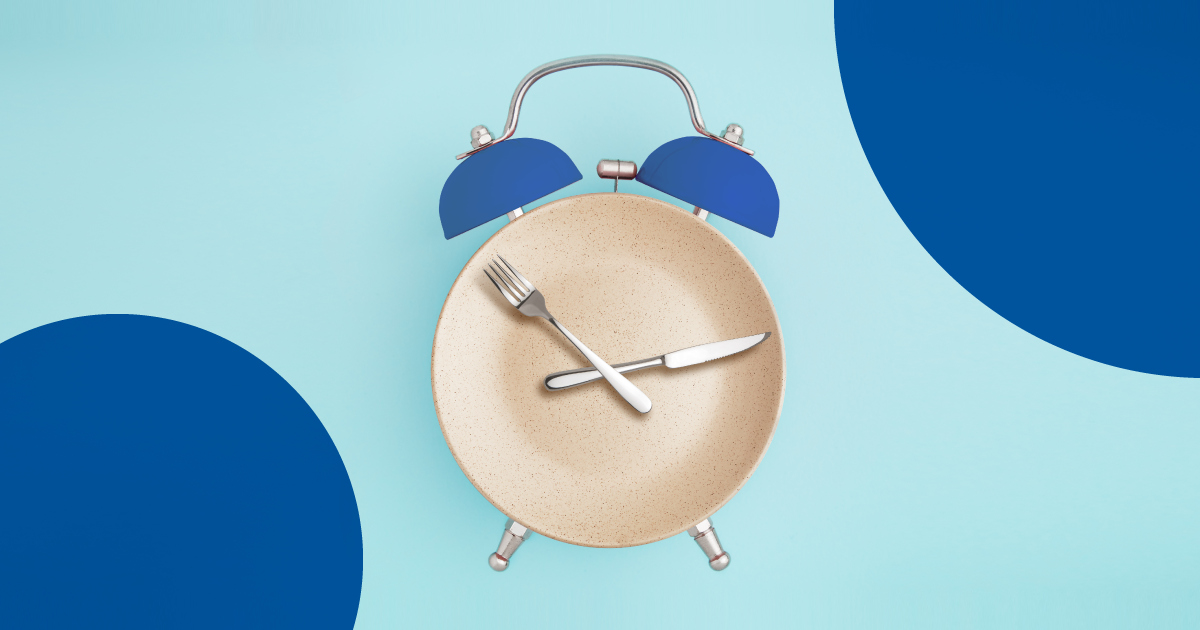Written by Progressive Nutritional
REASONS YOU NEED TO ADD PROBIOTICS INTO YOUR LIFE
Your digestive tract is home to trillions of bacteria, both good and bad. In fact, bacteria in the body outnumber cells 10 to one, and the majority of that bacteria lives in the gut. Probiotics are considered the ''good'' bacteria you need in your digestive system, and they play an essential role in overall gut health.
Probiotics are a hot topic at the moment. Wellness bloggers and health gurus all over social media sing the praises of probiotics. You may see them in your local health foods stores or in advertisements online and wonder whether or not you should be incorporating probiotics into your daily diet routine.
These small but mighty gut balancers can be extremely impactful on your health. When the right amount of probiotics are consumed, numerous health benefits can take place, from treating and preventing digestive issues to helping clear skin conditions via the gut-skin axis, such as eczema. Weight management, improved immunity and better digestion are also benefits of having balanced gut bacteria.
Probiotic supplements are made up of live microorganisms intended to maintain the good bacteria in your body. Probiotic supplements also contain prebiotics that acts as food for human microflora. Probiotics help to create a healthy environment for your gut to thrive because they're transient in nature and do good work while they are there.
Prebiotics are not to be confused with probiotics, because they actually have very different functions. Think of probiotics as the healthy bacteria that we need, while prebiotics are the specific types of fibre that help maintain and feed the good bacteria to keep them happy, alive and well.
Probiotics can be found in dietary supplements, as well as a variety of foods, such as yogurt (think of those live active cultures as a home of probiotics) and sauerkraut. Fermented foods are a naturally rich source of probiotics because they go through a process called ''lactofermentation.'' During this process of fermentation, millions of good bacteria are created. Fermented foods that contain probiotics also include unpasteurized fermented vegetables, kimchi, kefir and miso.
TYPES OF PROBIOTICS
The human body relies on normal bacteria to perform several jobs, including breaking down foods, helping the body absorb nutrients and preventing the takeover of bad, or unhealthy, bacteria. There are dozens of various types of probiotic bacteria, and they offer an array of health benefits.
The two most common groups of bacteria in probiotics are ''Lactobacillus'' and ''Bifidobacterium.'' Each of these is made of many different species, and each species itself has several strains. When both Lactobacillus and Bifidobacterium exist in the body, these good groups of bacteria can inhibit the growth of harmful bacteria to help maintain a healthy immune system. Many supplements provide both Lactobacillus and Bifidobacterium, and they can also be found in several probiotic-rich foods, like yogurt and fermented foods.
HEALTH BENEFITS OF PROBIOTICS
The complexity of probiotics is quite astounding, yet these tiny microorganisms maintain and boost gut health in massive ways. The most prominent of health benefits that probiotics provide is that they aid in optimal gut performance, which can lead to various chain-effect benefits throughout the entire body.
If the microbiome of the gut is upset or imbalanced, it can hinder your mood, immune health, mental health, and even the functionality of your brain. It is believed that probiotics in the gut appear to be able to create compounds that are known as neuropeptides1, which directly influence the brain. This connection between gut health and the brain emphasizes the significance of probiotics for people of all ages and stages.
CREATING THE BEST ENVIRONMENT FOR PROBIOTICS
For probiotic nutritional supplements to work best in the space where they will live and prosper, the gut must have optimized conditions. The environment within your gut should be well nourished and well taken care of with real food so that the probiotics can best do their job.
However, the healthy bacteria are fed when we consume healthy fats, complex carbs, proteins, and fibre-rich food items. Eating these real, whole foods, rather than regularly eating processed junk food, helps to support the growth of good bacteria. Collagen can also help heal the gut and support your health.
References:
- Strandwitz P. (2018). Neurotransmitter modulation by the gut microbiota. Brain research, 1693(Pt B), 128–133. https://doi.org/10.1016/j.brainres.2018.03.015


